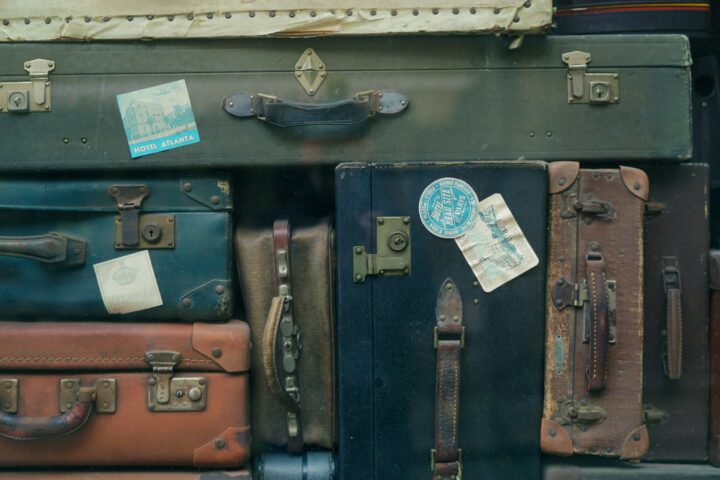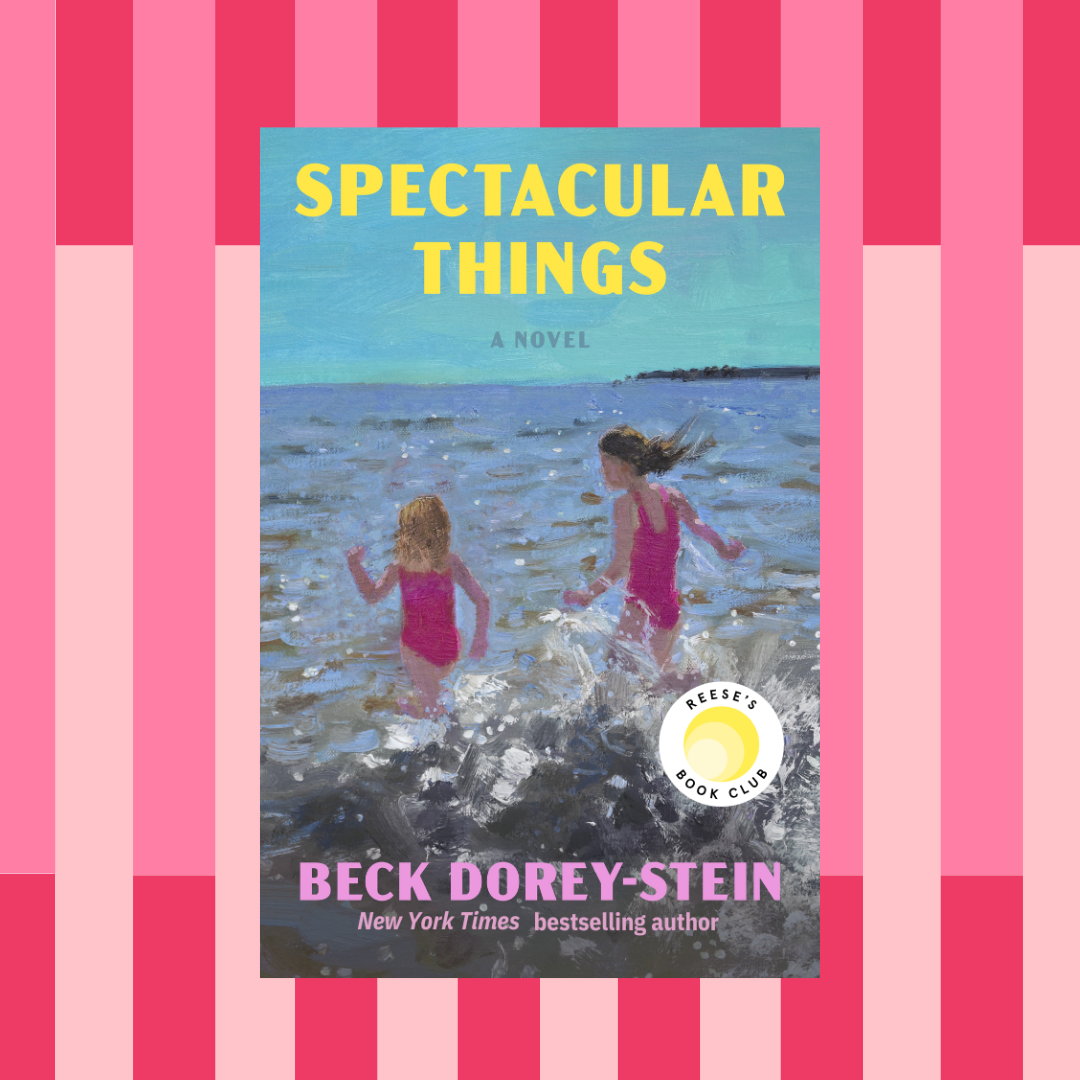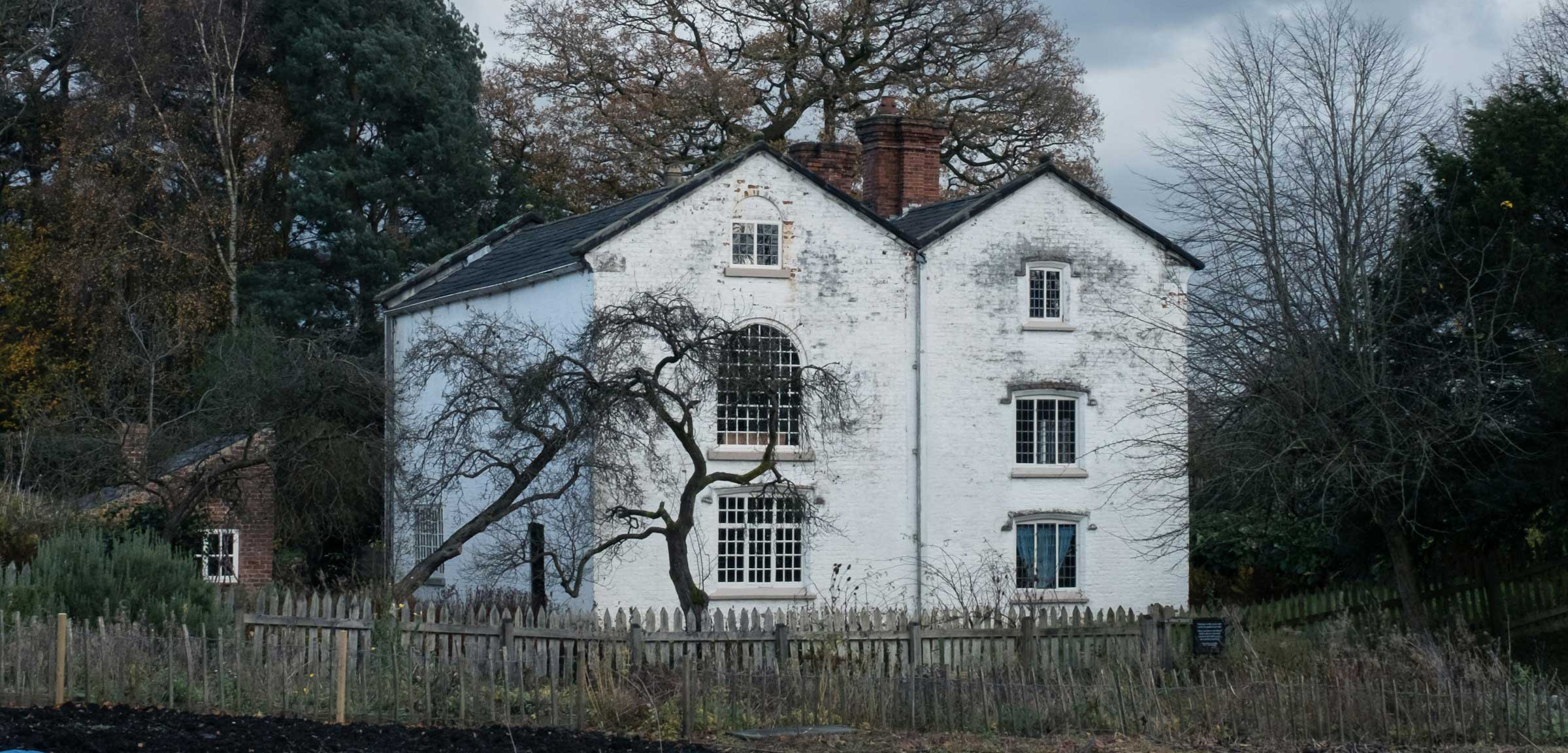In 1901, the word bondmaid was found missing from the Oxford English Dictionary. By all accounts, bondmaid was the only word to be lost from the first edition. No one knows how, and that is enough for a story, but there are other reasons I wrote The Dictionary of Lost Words.
Words, for me, have always been acquaintances rather than friends—I recognize them most of the time, but can’t always describe the detail of their features. I’m prone to mixing metaphors, and in my final year of school I had five marks taken off an exam for spelling my own name wrong.
The irony is, that despite my clumsy handling of words, I have always loved how writing them down in a particular way can create a rhythm, or conjure an image, or express an emotion. And I have refused to leave them be.
It was my dad who gave me my first dictionary. If I was going to use words, he said, I should use them properly. But I found the dictionary to be an impenetrable thing. It played hide and seek with words I wanted to spell, and it could be arrogant and inflexible with the meanings it proposed. It was rarely on my side during Scrabble, and it often withheld the old, the rare and the ugly in an effort to be concise (and words, as with anything, are more interesting when they are old, rare or ugly).
I continued to love words, but I learned to dislike dictionaries.
Then I read The Professor and the Madman by Simon Winchester. It told a story of the Oxford English Dictionary that I thoroughly enjoyed, but it left me wondering about the authority of the Dictionary. Women were missing at every turn – while they sometimes assisted, they were not editors or lexicographers, and they wrote very few of the books used to understand the meaning of words.
Two questions kept bothering me. Could words mean different things to men and women? If they do, is it possible we have lost something in the process of defining them?
I have explored these questions in my novel, The Dictionary of Lost Words. It tells an alternative story about the English language, a story about women that lives between the lines of the Oxford English Dictionary and lurks in the whitespace of history books. It is a story that has never been told, though fragments of it exist—they can be found in letters and newspaper clippings; in the slips containing words and sentences; in annotated proofs and old family photographs. I have searched for them in the archives of the Oxford University Press, and they have gained substance as I walked through the streets of Oxford.
I have woven a fiction through the bones of history. It starts with a girl called Esme, sitting under the sorting table of the Scriptorium, where all the words of the English language are being defined. I have made her steal that lost word, bondmaid, and then I’ve imagined the influence this word might have on her, and the influence she might have on other words—old, rare and ugly—as she grows into a woman.



